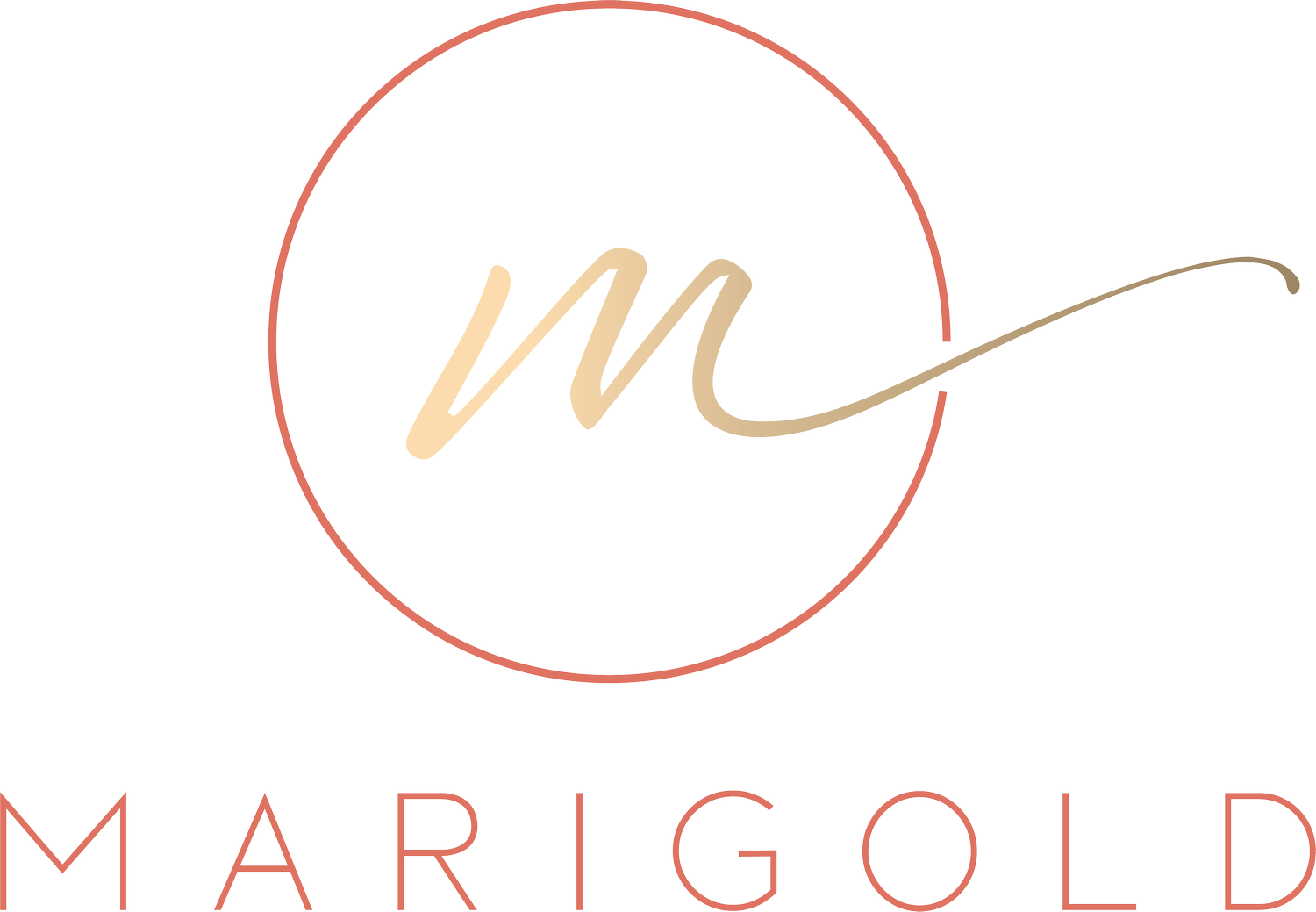Have The Best Seasonal Transitions Of Your Life With These 6 Tips
If you’re like me, the shorter days of the seasonal transition to fall are a mixed bag; a little sad, a little refreshing, and bring changes in energy levels, sleep, and mood. Then the Daylight Savings Time change really spices things up, and no amount of pumpkin-flavored caffeine can combat the fatigue I feel while my body and brain catch up, and my internal rhythm adjusts. Here’s why this happens…
In our brains, we have a tiny little gland called the Pineal gland. It is responsible for helping us set our Circadian rhythm (aka the sleep-wake cycle) by making melatonin. You’ve likely heard of melatonin, and perhaps you’ve even taken a supplemental form of it in a pill or gummy to help you sleep. Melatonin production is stimulated by the darkness; when it’s released, it helps us feel relaxed and sleepy, helping us drift into dreamland easily. Sunlight turns off our pineal gland’s melatonin production, gently nudging us awake. So, darker days should mean easier sleep, right? Unfortunately, no, or at least not since the advent of electric lights. Artificial lights, especially the blue light emitted from our televisions, cell phones, tablets, and computers, can trick our pineal glands and make them think it’s still daylight, which then keeps the sleepy melatonin turned off while our brains stay turned on. Then, when the alarm clock goes off at the same time in the morning as it always has, but now it’s suddenly still dark outside, our melatonin lingers longer than it should, and we can remain sleepier than if the sun were bright and shining.
What the Western medical research says:
One clinical trial, published in The Journal of neuropsychiatry and clinical neurosciences, showed that five weeks of Acupuncture increased participants’ nighttime secretion of melatonin and decreased the levels during the day. These study participants also scored better on all objective sleep measurements, as observed in a clinical sleep lab (Spence et al., 2004).
Sleep is critical for “brain development, physical and mental health, and the maintenance of cognitive functions culminating in a sense of well-being and daytime vigilance” (Zisapel, 2018).
In addition to improving sleep, various studies have shown that melatonin can be clinically useful for Rheumatoid arthritis, Osteoarthritis, Depression, and even blood cancers.
Melatonin supplements (exogenous melatonin) do have the potential for mild side effects which are not considered clinically significant nor life-threatening. They are headaches, daytime sleepiness, dizziness, and low body temperature. (Besag, et. al, 2019).
What Chinese Medicine says:
Chinese Medicine has been tracking the concept of Circadian Rhythms and seasonal transitions for thousands of years. The Chinese Body Clock tells us which organs are at their strongest and which are resting at certain hours. Knowing this allows us to organize our days to optimize our health and well-being.
Integrated Recommendations for You:
To keep your rhythm in check as the daylight hours dwindle, consider the following:
Establish a routine for your day, ESPECIALLY when it comes to your sleep. Go to bed by 11 pm at the latest (earlier is even better). Wake up at the same time every day (the ideal is between 5-7 am).
Turn TV, cell phones, tablets, and computers to the OFF position 1-2 hours before bed.
If this feels like it’s too much for you, get some blue light-blocking glasses and use the “night shift” setting on your devices to minimize the blue light exposure in these few pre-sleep hours.
When you wake up in the mornings, have some one-on-one time with the sun as soon as possible. This will help your brain fully wake up by totally shutting off melatonin. It only takes a few minutes of direct sunlight to help. And bonus- if you can expose your skin sans sunscreen for 20 minutes to the sun, your body will also give you a little Vitamin-D boost, which helps boost your energy levels throughout the day. Pro-tip - the inner forearm skin is the best for producing Vitamin D, so roll up your sleeves and point those beautiful wrists to the sun!
If you struggle to fall asleep, you could consider a non-prescription melatonin supplement for a few days during the transition. Find a reputable manufacturer to ensure quality. We can help with some recommendations from FullScript.
Get regular acupuncture! Consistency and frequency matter when trying to combat more acute issues.
Marigold Center provides individualized transformative healing and lifestyle medicine programs. Request your free consultation now and get started on the pathway to greater well-being.
References:
Besag, F., Vasey, M. J., Lao, K., & Wong, I. (2019). Adverse Events Associated with Melatonin for the Treatment of Primary or Secondary Sleep Disorders: A Systematic Review. CNS drugs, 33(12), 1167–1186. https://doi.org/10.1007/s40263-019-00680-w
Jahanban-Esfahlan, R., Mehrzadi, S., Reiter, R. J., Seidi, K., Majidinia, M., Baghi, H. B., Khatami, N., Yousefi, B., and Sadeghpour, A. (2018) Melatonin in regulation of inflammatory pathways in rheumatoid arthritis and osteoarthritis: involvement of circadian clock genes. British Journal of Pharmacology, 175: 3230– 3238. https://doi.org/10.1111/bph.13898.
Spence, D. W., Kayumov, L., Chen, A., Lowe, A., Jain, U., Katzman, M. A., Shen, J., Perelman, B., & Shapiro, C. M. (2004). Acupuncture increases nocturnal melatonin secretion and reduces insomnia and anxiety: a preliminary report. The Journal of neuropsychiatry and clinical neurosciences, 16(1), 19–28. https://doi.org/10.1176/jnp.16.1.19
Zisapel N. (2018). New perspectives on the role of melatonin in human sleep, circadian rhythms, and their regulation. British journal of pharmacology, 175(16), 3190–3199. https://doi.org/10.1111/bph.14116

